What a week in ‘space’ taught me about living on the Moon
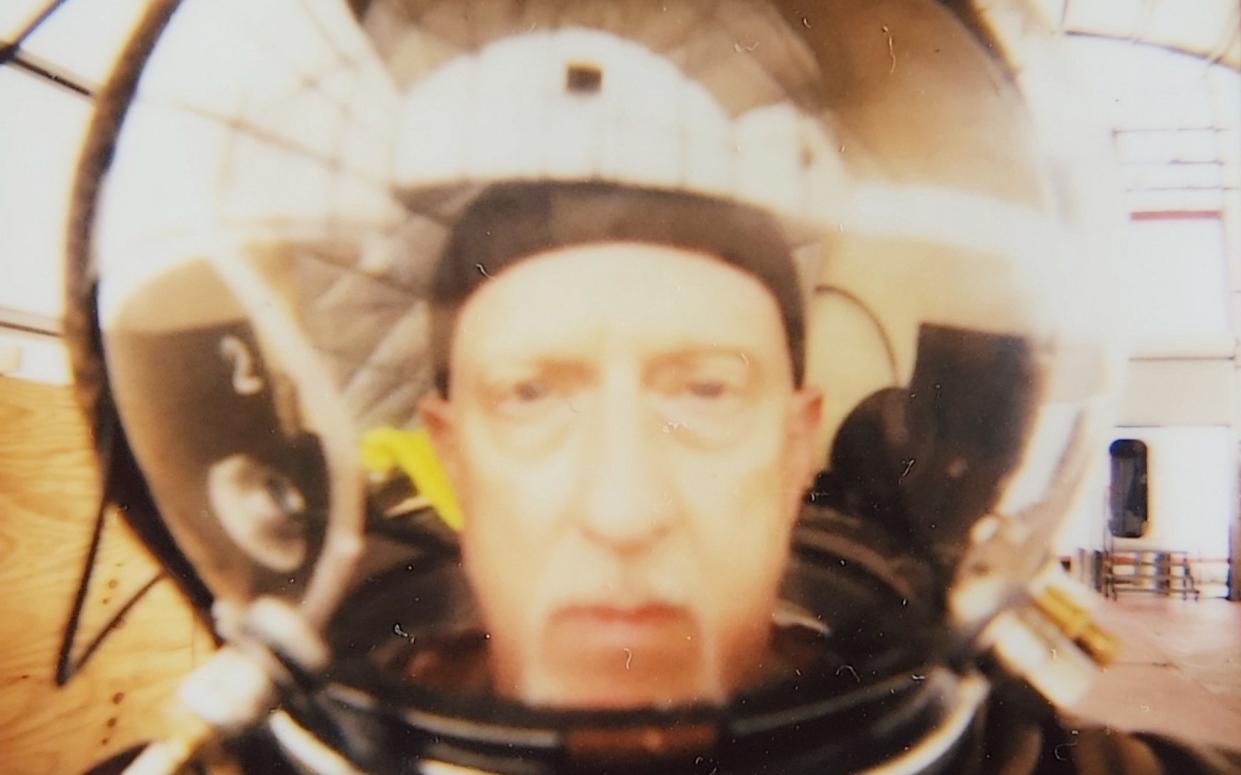
As I push the red airlock handle down and step into our space station, I half-wonder: will I end up losing my mind and have to be hauled out? After all, in the current hit television drama, For All Mankind, one of the first astronauts to live long-term on the Moon does just that.
I’m not really on the Moon, of course, but sealed up instead in something called the Space Analogue for Moon and Mars (SAM) – a research centre in the desert of southern Arizona that boasts of being “as close as you can get to living on Mars without reducing gravity or dropping the temperature to 100C below zero.” Ditto that for the Moon.
I will spend a week inside, living in a pressurised habitat meant to simulate missions beyond the Earth, helping us prepare for our first tottering steps as a multiplanetary species.
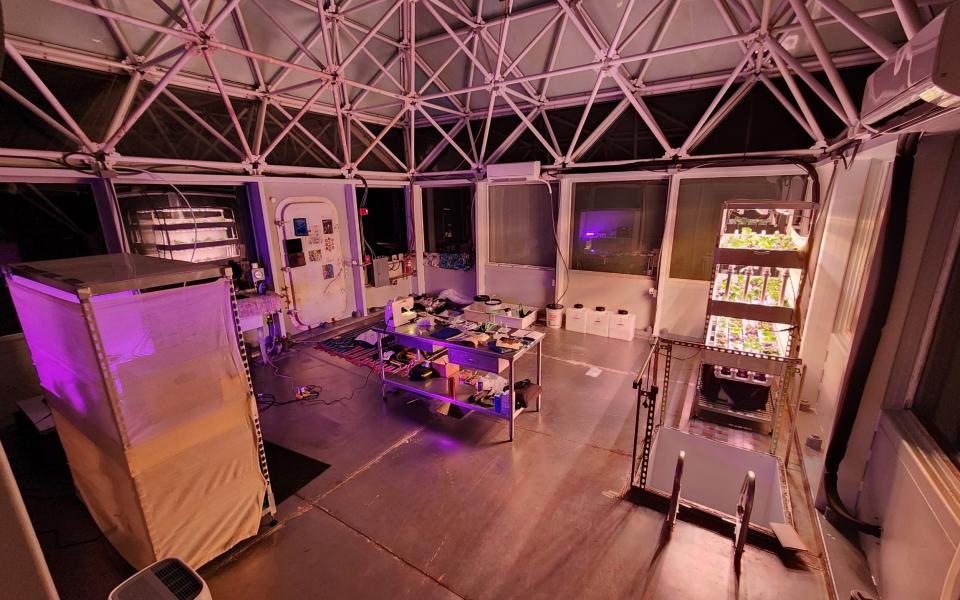
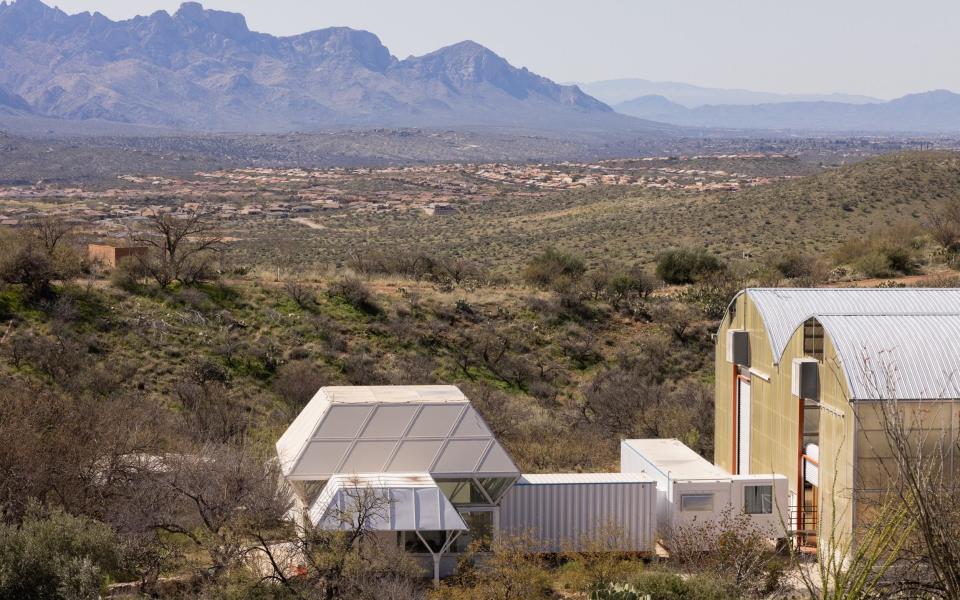
I’m a little anxious. I’ve been in extreme environments and know the price you can pay. Twenty years ago, I spent a month living in tents with scientists in Antarctica. I began to suffer from insomnia, obsessiveness (I kept counting remaining pairs of clean underwear) and, finally, from serious depression. Before the expedition ended, I was evacuated by aircraft after having suicidal thoughts.
Thankfully, this mission – named Imagination 1 – would go a lot better than that.
I was living in SAM with three artists – a poet, a textiles designer and a dancer – from the University of Arizona, where I’d just retired as a creative writer. If we are to make permanent homes in space, after all, we will need to take our cultural lives with us. Our dancer Liz George, for example, rehearsed moves for when she’d don a space suit on a simulated moonwalk. I took notes, planned articles and wrote daily mission reports.
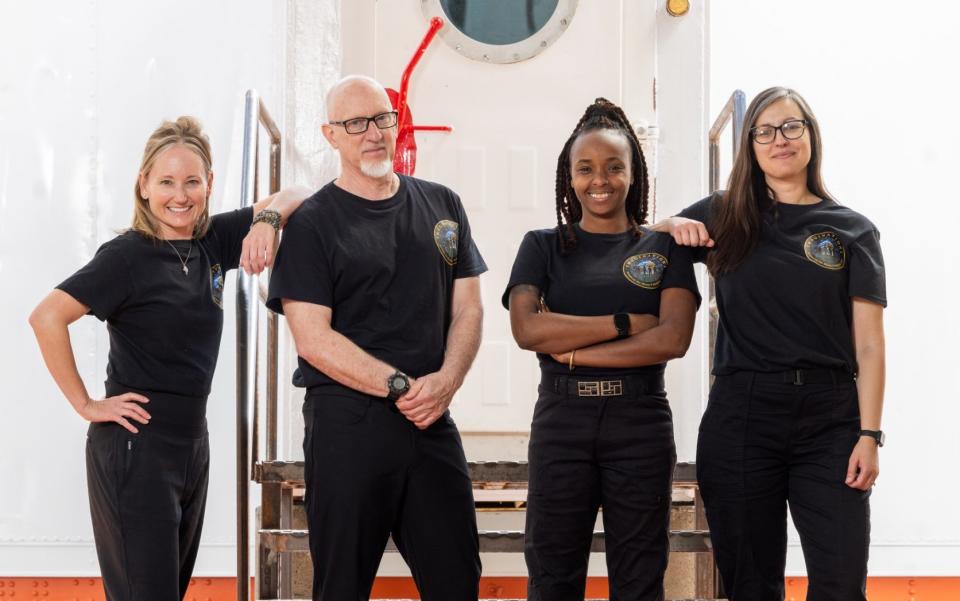
But practicalities dominated, as they would on the surface of the Moon or the Red Planet. We monitored CO2 levels. We recycled our breath in the form of condensate into drinking water. We took turns cleaning the snug 1,200-square-foot facility – its crew quarters, engineering bay and greenhouse module. We prepared dinner and dehydrated the food scraps – ultimately to be fed to mushroom colonies for future “astronauts” at SAM. We had to monitor and adjust the pressurisation system.
Our only contact was by email, as though we were in deep space, cut off from the rest of humanity, and we felt our isolation deeply.
All this despite training in advance for the mission, meeting multiple times before “launch” and becoming a close-knit crew, which was essential as we worked from morning to night on our projects and on maintaining SAM’s high-tech systems. We even projected giant images of the Moon on the walls. Sometimes it really felt like we were there.
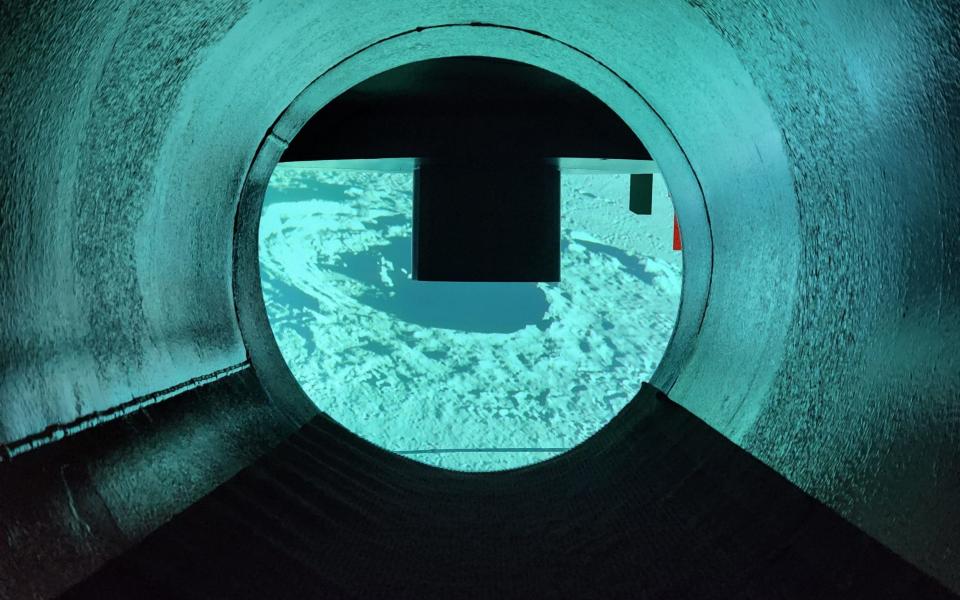
There were problems, inevitably. Small groups in confined spaces experience poor sleep, along with stress that can lead to moodiness, tempers, anxiety, mild to severe depression, even decreased dexterity. As the only man on the crew, I moved my sleeping pad from the crew quarters to under a shelf in the Engineering Bay. Even that didn’t stop the women from hearing my disruptive snoring. Days were long with housekeeping: from cleaning dishes with very little water to final checks of air pressure and the hydroponics rack at bed-time. We were tired. Little irritations can take on major proportions in confinement.
But, to our credit, we handled disruptions well. We checked in on each other’s well-being. When one of us wanted space, the others kept quiet and distant. Yet when something had to be done, we told each other – and never flinched. There wasn’t a single eye roll.
But add a few more weeks to Imagination 1 and that surely would have changed. I know from my time in Antarctica that the extreme nature of such places can induce the “thousand-yard stare” and worse.
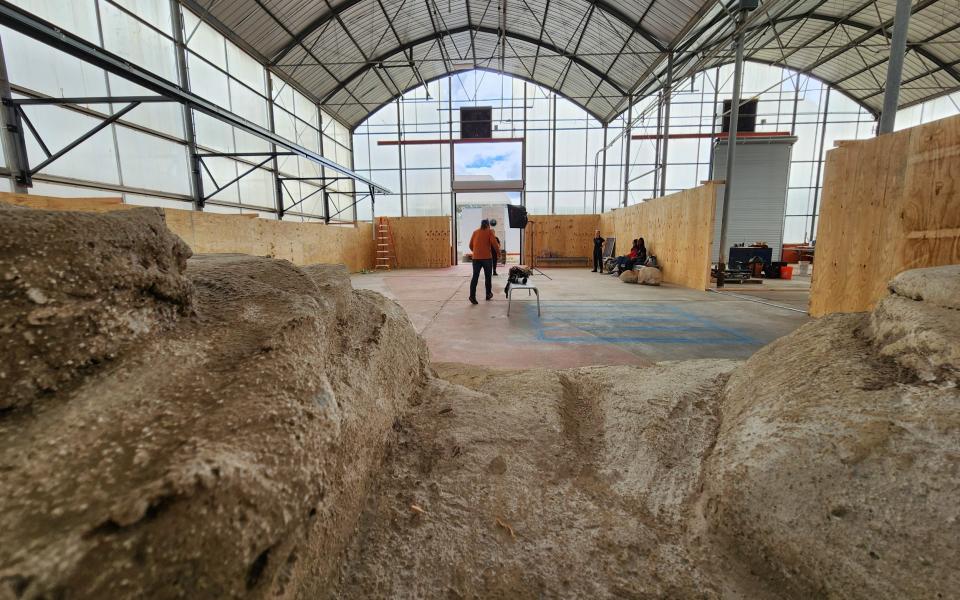
Those are the challenges that the real astronauts of the Artemis programme will face. Nasa is sending astronauts on a lunar fly-by later next year followed by an actual landing with Artemis 3, scheduled for autumn 2026. The crew will land at the dramatic, rugged south pole region of the Moon, where water ice lurks in permanently shadowed craters. The sun is low on the horizon, casting long light and longer shadows.
This, though, is the mission that may start a new era of long-term exploration and science, for that ice can be turned into drinking water, air and rocket fuel.
The Artemis 3 crew will spend several days on the Moon’s surface, longer than any Apollo mission, and the vision (shared by China, which is advancing its own space missions) is for permanent “base camps” on the Moon. Some of those may in fact be underground, in empty lava tubes shielded from the many dangers of lunar living.
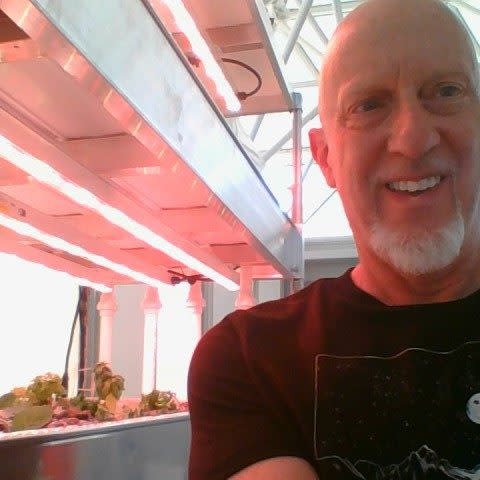
The Moon’s surface is beset by sweeping sheets of radiation, from the Sun and other stars, even other galaxies, near-light-speed particles that slice through any living tissue that is not protected, cutting DNA molecules like rice paper and leading, eventually, to cancerous mutations. Long-term Moon-dwellers could suffer also from the lingering effects of extended exposure to one-sixth gravity. A lot of exercise will be required to keep hearts, muscles and bone-density strong.
Moondust is also a huge problem. The Apollo astronauts after 1969 were vexed by the sharp-edged powder, which got under their fingernails and into their noses, lungs, mouths and eyes. Apollo 12’s Alan Bean said residual dust in the lunar module cabin “made breathing without the helmet difficult, and enough particles were present … to affect our vision.”
Yet from this grey land we will try to conjure the green world. In 2015 and 2016, Scott Kelly grew the first flowers in space – zinnias. He became absorbed by the sprouts, the leaves, the blossoms. Before International Space Station astronauts dine on lettuce leaves grown in hydroponic racks, they eat up the views, smells and textures of these reminders of the Earth. They’ll do exactly the same on the Moon.
They will also create, as we did. For as we came to the end of our week it was clear to me that culture will become as essential in space as CO2 scrubbers, radiation shields and Moondust filters. If we don’t bring creativity along, our lives will be impoverished – both for the astronauts and for the rest of us, who will want to know what it’s like.
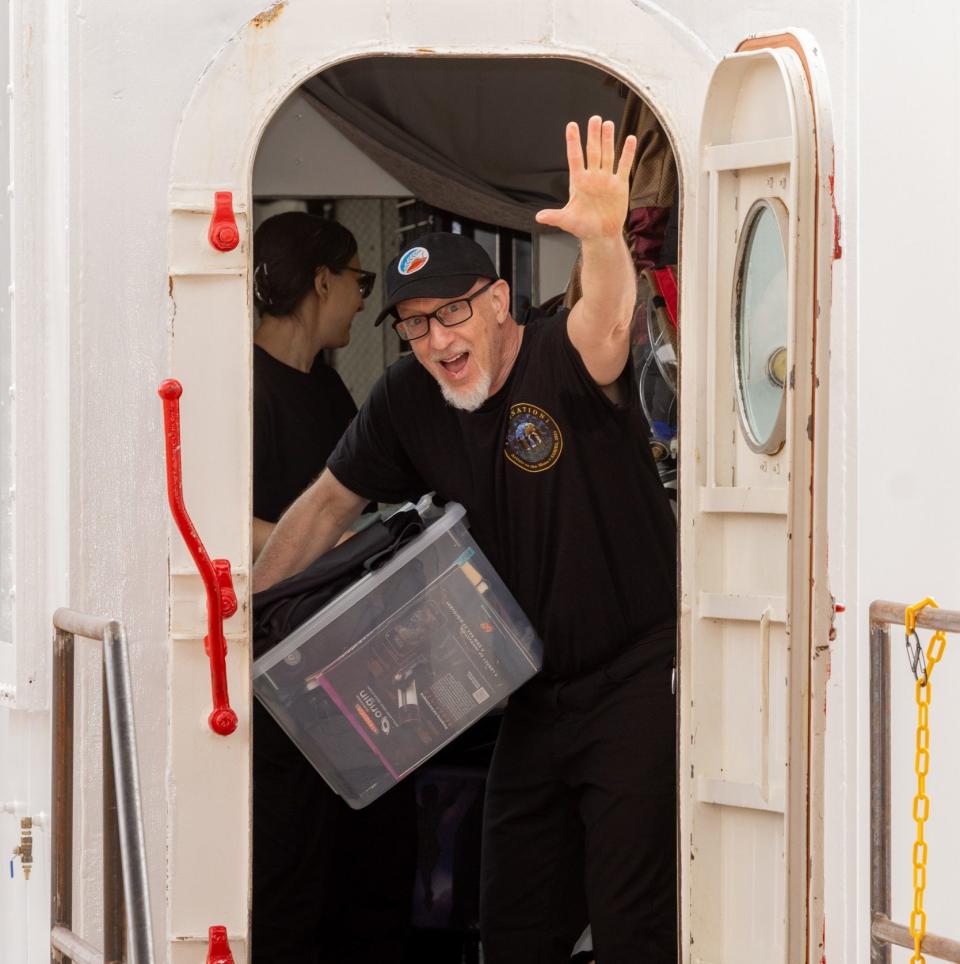
I was the last of the four people in the group to go on a simulated moonwalk. As I donned my spacesuit, helped by my crewmates into the bulky, multi-layer garment, I further appreciated just how hard it is to be an astronaut. The fingertips of the gloves were big and inflexible, yet I would use them to press buttons on a camera. I remembered being claustrophobic in all my cold-weather gear in Antarctica. The pressure suit was far more confining. After being fitted into my helmet, air flowed like a constant river by my ear. In a partially landscaped industrial-like yard, I walked in wide, galumphing steps while fixed to a counterweight system that simulated lunar gravity.
It felt a bit awkward at first, then, tip-toe by tip-toe, arms wide as though I were floating, I grew accustomed to this new effect on my body. I wasn’t exactly graceful, but I smiled. As a 60-something child of Apollo and amateur astronomer, I knew: this was as close to the Moon as I would ever get.

